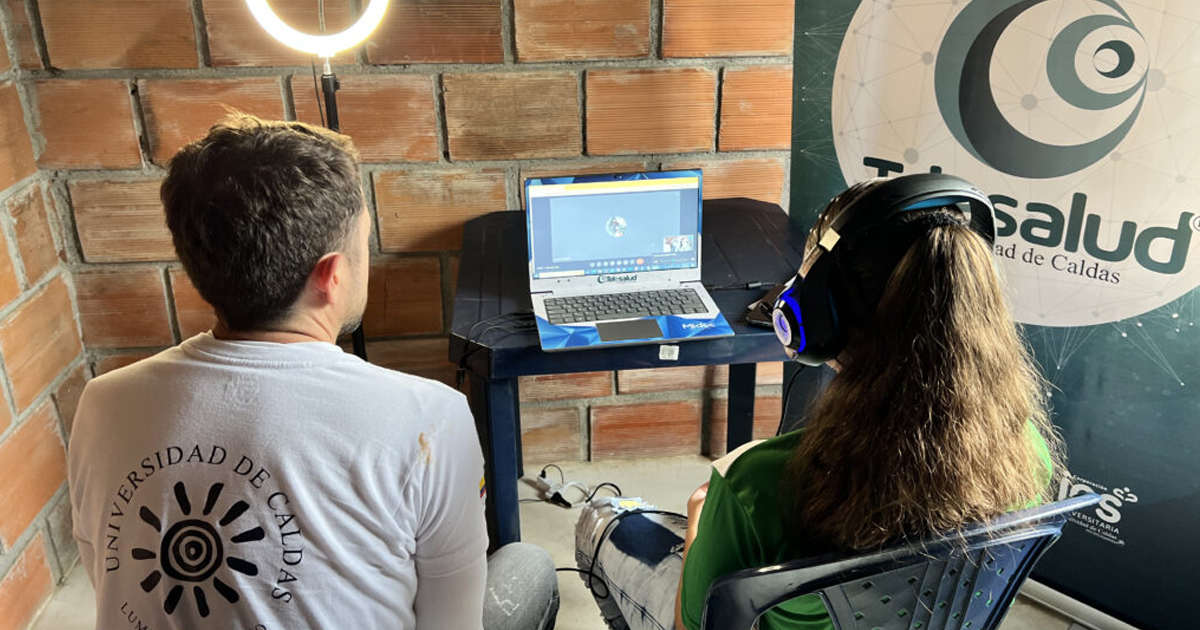Computer models designed to study cancer cells have been adapted by researchers at University College London (UCL) to identify new combinations of drugs to treat severe cases of COVID-19.
The article “Executable Network of SARS-CoV-2 Interaction Predicts Combination Drug Treatments”, published in the journal Nature, shows the potential of the computer model to identify existing therapies that could be suitable for the treatment of COVID-19 patients. .
The study details that the early and late stages of a severe COVID-19 infection have different characteristics, for which the UCL researchers developed a computational model that can reproduce the different phases of COVID-19.
Researchers had previously developed an approach that had successful results in finding drugs for cancer treatment. In this case, they developed a network map of the interaction of the SARS-CoV-2 virus, and its interaction with epithelial cells of the lungs, which are related to COVID-19 in its severe form.

Professor Jasmin Fisher from the UCL Cancer Institute and lead author of the study explained: "We realized we could model SARS-CoV-2 infection using a computational framework originally developed in my lab to predict personalized treatment combinations for cancer patients and use it to predict effective combinations of repurposed drugs to treat Covid-19.”
In this sense, the study details the following about the process to find the correct drug combinations: "We use this model to examine thousands of drug combinations in order to find treatments that block key interactions between the virus and the host, important for viral replication, or pathogenic dysregulation of the immune response. We are especially focused on host-targeted therapies, which may be more resistant to future variants of the virus.”
In this way, they identified various combinations of drugs to act together to attack viral replication in the early part of the disease. The drugs identified were either licensed or in the final stages of development, and computer models showed the impacts they have on virus replication and host response.
Finally, the model was validated, indicating that the prediction of the therapeutic effects of drugs already used to treat COVID-19 coincided with the clinical results of the drug combinations developed.
Check the full study at the following link:






